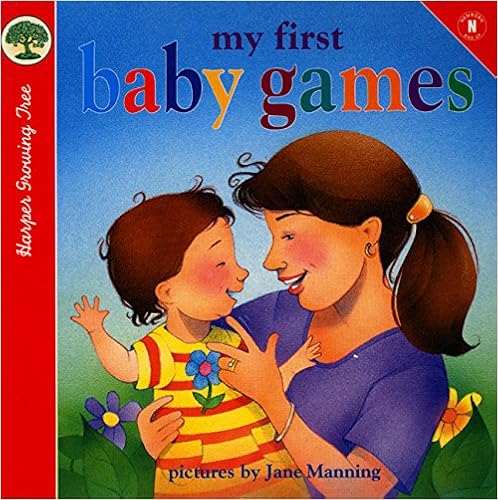
It may be because of the never ending dispute between Catholics and Protestants on what should be and shouldn’t be included in the Christian Bible that lights the continuity of the said argument. was to John, his commanded time and place to witness and testify to the Words he heard, and the Vision he saw, regarding the second coming of Jesus Christ.There has been a lot of confusion surrounding the Holy Bible that both Roman Catholic s and Protestants use, because of the varied versions that have been printed and distributed throughout the world today. What some may or may not see as the "exile" of John on Patmos. " the Day of the Lord": Revelation's " seventh seal." the end time events that lead up to Jesus' return. That's what the book of Revelation is all about. the time just ahead of us, while on the Isle of Patmos - to the Day of the Lord. Which means that he was " transported in vision to the ' future'. "I was in the Spirit on the LORD's DAY." (Rev.1:10). A time better known throughout the Bible in prophecy as " the Day of the Lord." He was there to record and testify to " what he heard and what he saw in vision," as the Angel revealed to him the end time events that will occur just before Jesus returns to earth with the Kingdom of God. He was there for the sake of Jesus Christ.

but according to John - he wasn't in exile. The tradition indeed places him on Patmos "in exile." This may be the case. " I John, who also am your brother, and companion in tribulation, and in the Kingdom and Patience of Jesus Christ, was in the isle that is called Patmos, for the Wordof God, and for the testimony of Jesus Christ." (Rev.1:9)

Thus arose the tradition that John was boiled in oil but, being unharmed, was exiled to Patmos, where he wrote the Book of Revelation.Īll that John writes about " Patmos" in the Bible is: Pious traditions had all the other apostles executed in excruciating and imaginative ways, so it was necessary to assume that they would at least try to execute John in an equally gruesome way. Then, it became necessary to explain how John came to be in Patmos. That is a tradition that arose in the second century to explain the Book of Revelation.īecause Revelation is signed by a person called John, the Church Fathers gradually came to the conclusion that this must be the same John as the apostle. A: The Bible does not say that the diciple John was banished to Patmos.


 0 kommentar(er)
0 kommentar(er)
